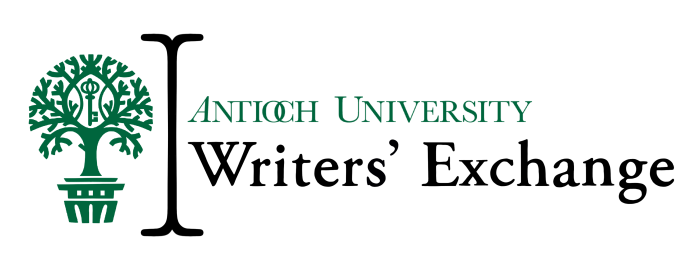DOIs & URLs in Dissertations
From time to time we field questions about how to properly style URLs within the References section of a dissertation. In this post I will outline our expectations and some best practices to help ensure good results.
Please note that the various programs at Antioch have slight differences in their accepted styles and that you should refer to your department’s guidelines for specific details. If you have questions, your committee members and/or the WEX team can help you.
When do I need to include a URL?
Inclusion of URLs is now a major part of the referencing style for dissertations at Antioch University. Under the new 7th edition of the APA style manual all DOIs and anything accessed online is to be presented as a hyperlink URL (that is, beginning with “http://” or “https://”). Note also that it is no longer required to precede the URL with “Retrieved from” or “Accessed from.” If the full-length URL is very long or if the direct link to the resource is not stable, you may provide a link to the site’s home page or to a shortened URL (see sections 9.34 to 9.36). This is commonly done for online newspapers.
How do I check URLs for accuracy?
There are two levels on which URLs should be checked: (1) the printed web address—what shows up on the printed page—and (2) the live link or hyperlink—what goes into the web browser when you click on the link.
After you have created the PDF version of your dissertation, try clicking on the URLs. Your PDF viewer should try to open the website via your default browser (you may need to grant access to the program). For any cases in which the page does not open as expected, check the URL as it appears on your page against the URL as it appears in the web browser.
Here are some common errors that we see:
- Hyphens missing: Sometimes the hyphen at the end of a line will not be included in the live link after conversion from the word processing software to PDF format, so an address like this: http://www.example.org/home-page ends up going to the browser like this: http://www.example.org/homepage
- Extra text in the live link: We have seen some cases where the text from the next entry in the References gets included in the live link like this: http://www.example.org/home-pageNextauthorname
- Dashes instead of hyphens in the URL: In some cases, after a search and replace to put dashes into page ranges, we have seen that hyphens within the URLs have been replaced with dashes too: http://www.example.org/home–page. This will not work, as the dash is a different character and your web browser will not read it as a hyphen.
What should I do to fix a broken link?
First, check the hyperlink within your word processing software. It may be that the error was introduced at this step. Be sure to check both the printed web address and the underlying hyperlink (right-click and select Edit Hyperlink). If the URL is correct in the word processor, it’s possible that the conversion process to PDF format is introducing a problem. In such cases you can try either a different method within the software or try a different software application to make the conversion. Because there are so many options along these lines, we will not outline them all here, nor will WEX troubleshoot file conversions for students.
Another option is to edit the URL within the PDF, effectively sidestepping problems introduced during file conversion. This will require software that is capable of editing PDF files.
What should I expect of WEX regarding URLs when they review my dissertation?
A WEX dissertation format review includes checking URLs. The WEX editor will click the links and look to see if the correct resource comes up in the web browser. The printed URL will be compared to the live link URL to ensure they match. Any URLs that don’t work or go to the wrong source will be flagged for the student to fix.
Because of the wide range of software choices, as well as the multiple versions of various software suites, WEX will not be responsible for troubleshooting technical difficulties with conversion to PDF format.
Because most dissertations are viewed and interacted with digitally, we prefer that the live link works correctly. At a bare minimum, we expect the printed versions of the URLs to be correct.

